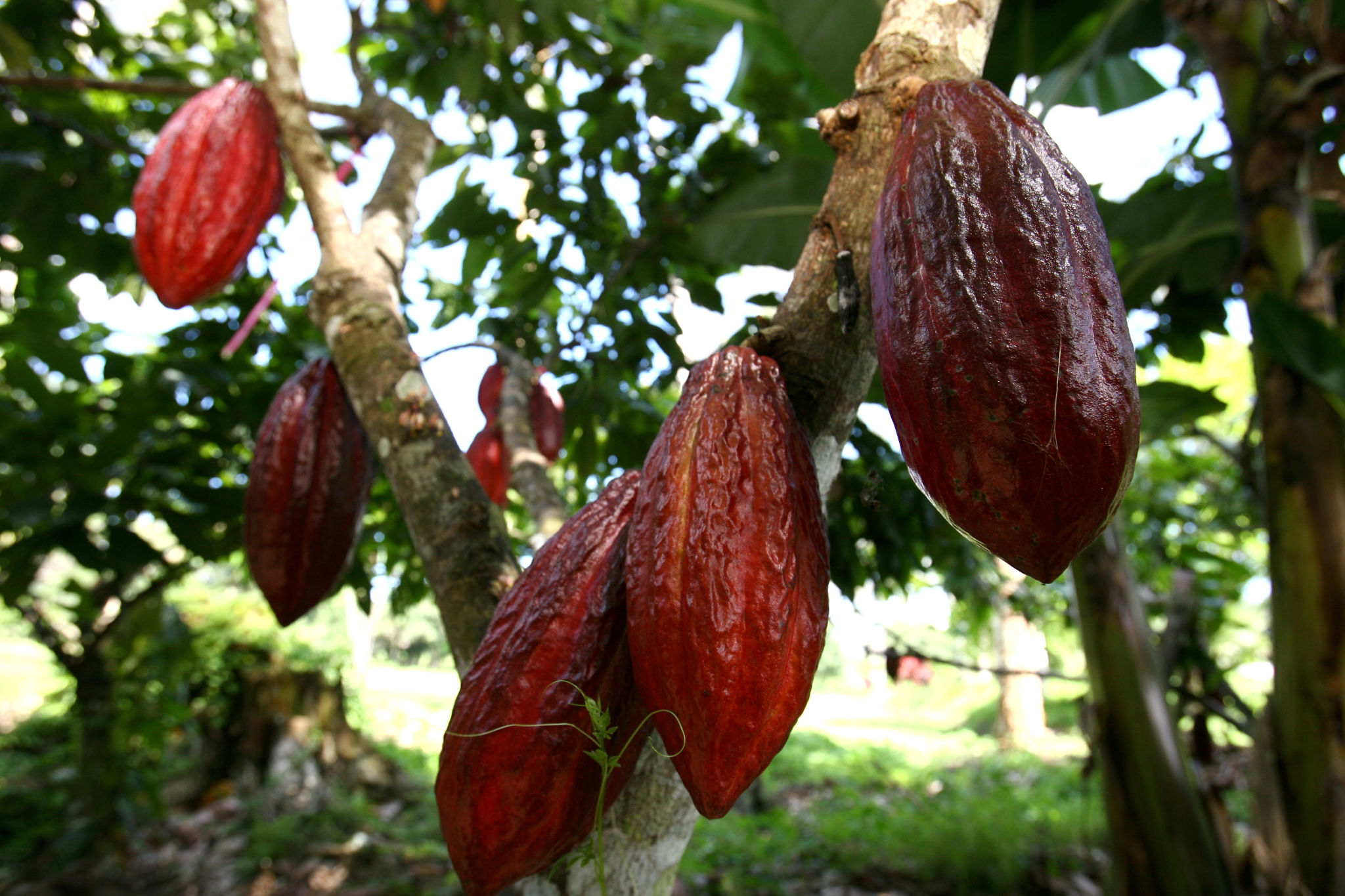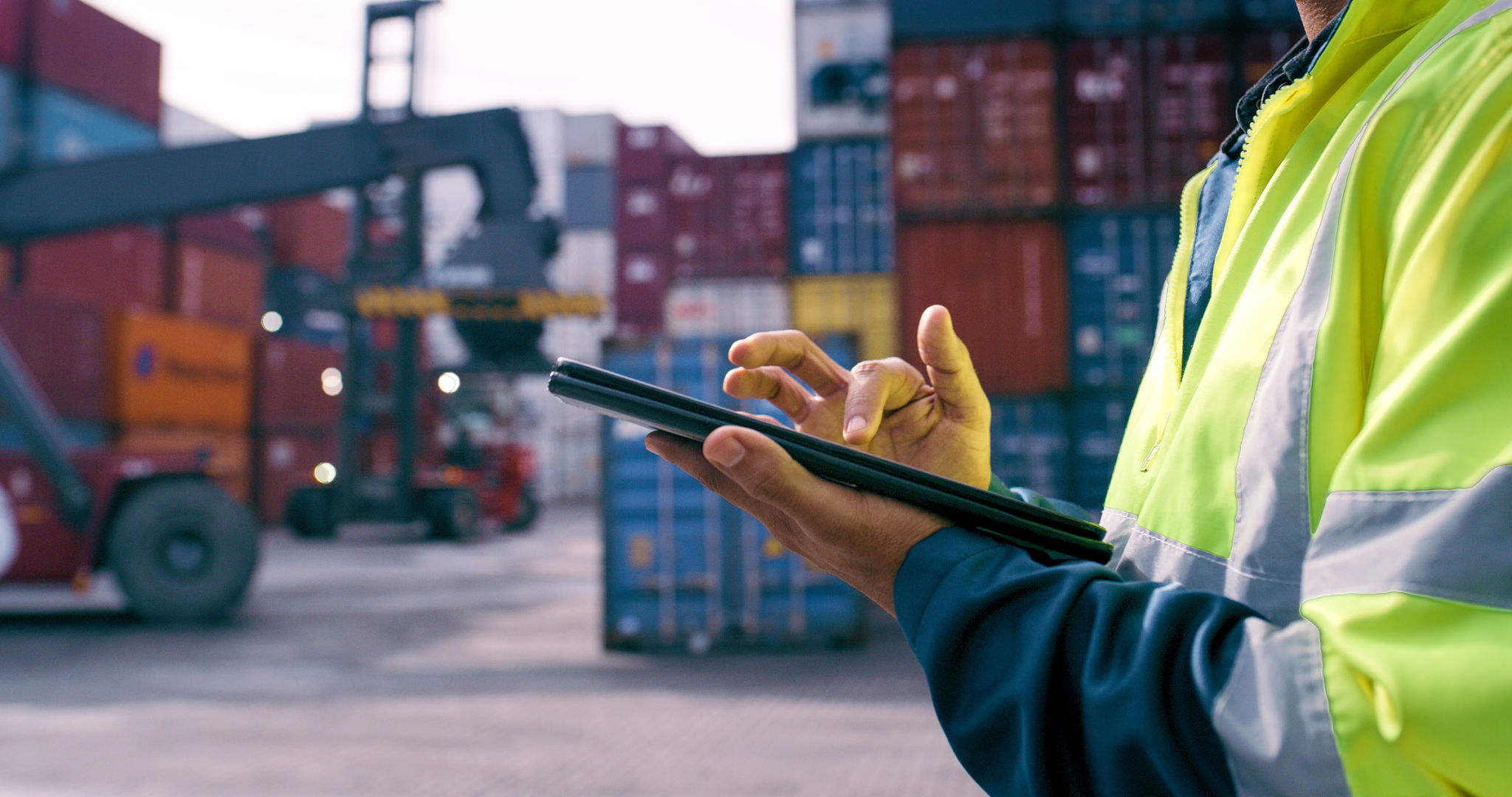Case Study: Successful Import of Brazilian Cocoa into Duval County
Introduction to the Import Process
Importing cocoa from Brazil into Duval County has been a remarkable success story, showcasing the intricacies and rewards of international trade. This case study delves into the challenges faced, strategies employed, and the eventual triumph of this ambitious venture.
The decision to import Brazilian cocoa was driven by its superior quality and unique flavor profile, which are highly sought after in the global market. By understanding the comprehensive import process, businesses can glean insights on how to effectively navigate similar ventures.

Challenges in Importing Cocoa
One of the primary challenges encountered was navigating the complex regulatory framework governing food imports. Compliance with both Brazilian export laws and U.S. import regulations was critical. This included securing necessary permits, adhering to health and safety standards, and ensuring transparent documentation throughout the process.
Logistical hurdles also posed significant challenges. These included coordinating with shipping providers, managing transportation timelines, and mitigating risks associated with long-distance shipping. Overcoming these obstacles required strategic planning and collaboration with experienced logistics partners.
Regulatory Compliance
Ensuring compliance with regulatory standards was pivotal to the success of the import process. The team worked closely with regulatory bodies to ensure that all documentation was in order, including import licenses, certificates of origin, and safety certifications.

Strategies for Successful Importation
The success of importing Brazilian cocoa into Duval County can be attributed to several key strategies:
- Partnerships: Building strong relationships with suppliers in Brazil ensured a steady supply chain and facilitated easier negotiation terms.
- Technology: Implementing advanced tracking systems allowed for real-time monitoring of shipments, reducing the likelihood of delays or losses.
- Networking: Engaging with local business networks in Duval County helped in establishing a reliable distribution channel for the imported cocoa.
Partnerships and Collaboration
Forming strategic partnerships was essential in overcoming many of the challenges faced during the importation process. Collaborating with trusted suppliers in Brazil ensured quality control and helped in mitigating risks associated with supply chain disruptions.

Impact on Local Businesses
The importation of Brazilian cocoa has had a significant positive impact on local businesses in Duval County. Chocolate manufacturers, bakeries, and confectioneries have been able to enhance their product offerings with high-quality cocoa, attracting more customers and boosting sales.
This venture has also fostered economic growth by creating job opportunities within the logistics and retail sectors. As demand for Brazilian cocoa continues to rise, local businesses are poised to benefit from this successful import strategy.
Future Prospects
Looking ahead, the successful importation of Brazilian cocoa sets a precedent for future endeavors in international trade. By leveraging the lessons learned from this case study, businesses can explore new markets and diversify their product offerings even further.

Conclusion
The journey of importing Brazilian cocoa into Duval County is a testament to the power of strategic planning, collaboration, and innovation in overcoming challenges inherent in international trade. By sharing this success story, we hope to inspire other businesses to embark on similar ventures and unlock new opportunities in the global market.